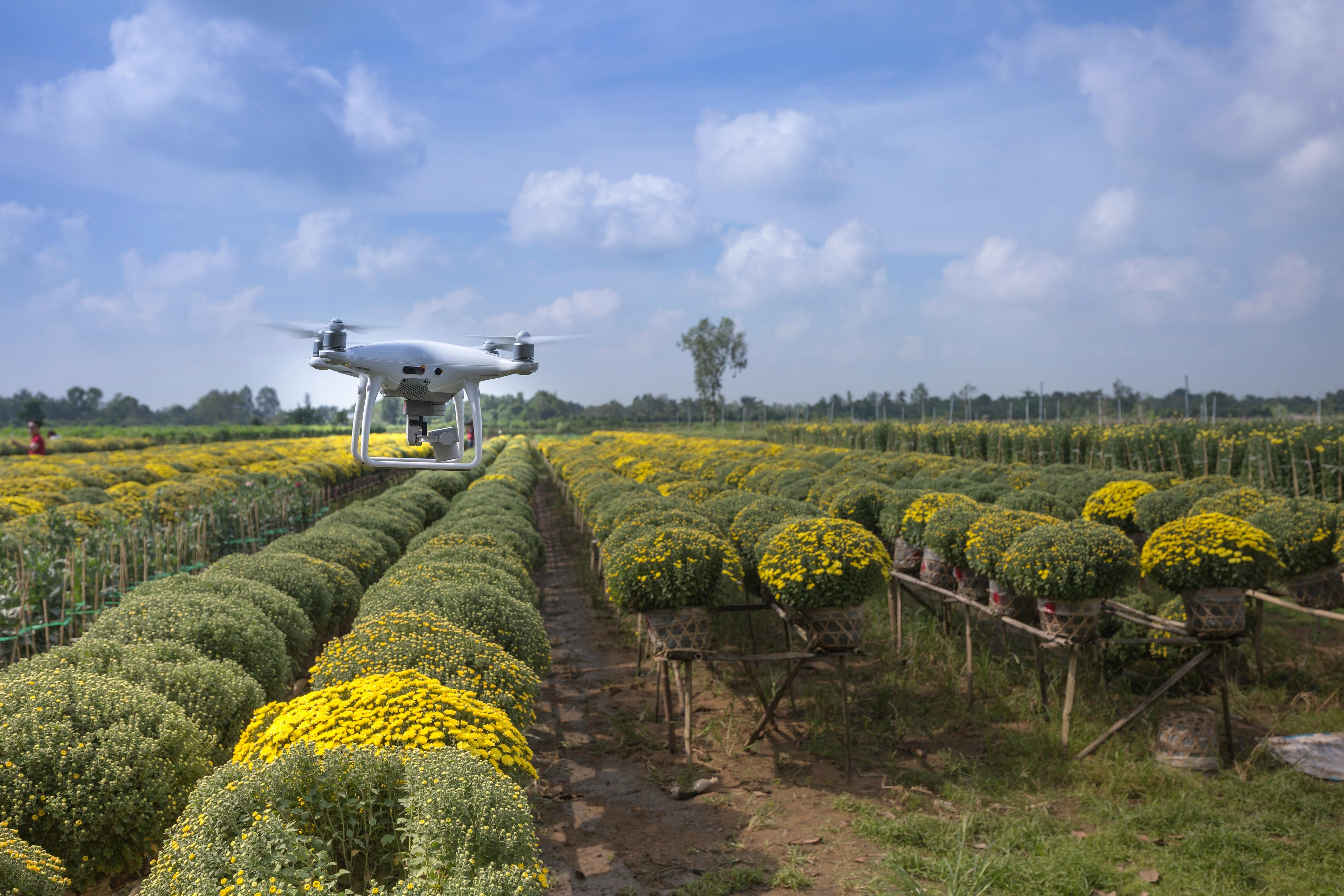From crop fields to construction zones, mmWave radar is redefining how machines understand the world around them.
The Problem: Cameras Don’t Work Where You Need Them Most
Let’s be honest—cameras and ultrasonic sensors were never built for the outdoors.
-
Sunlight blinds them.
-
Fog or dust disrupts them.
-
Trees, shadows, smoke? Game over.
But automation is heading outdoors. Smart tractors, autonomous drones, industrial robots—they all need one thing in common:reliable environmental awareness. That’s wheremmWave radarcomes in.
Radar Doesn’t Care About Weather, Light, or Dust
While most sensors “see” using light or sound,mmWave radar uses high-frequency radio waves. That means it can detect objects and movement through:
-
Fog, rain, or smoke
-
Darkness or bright glare
-
Thin walls or plastic
-
Vegetation and low-density barriers
In other words, radar sees when everything else fails.
📌Learn more about how radar works →
Real-World Use Cases That Go Beyond the Lab
1. Smart Farming That Doesn’t Sleep
In a soybean field in Southeast Asia, Linpowave radar detects people, animals, and machines 24/7—even during storms or after sundown. Unlike cameras, radar works inevery season, every condition.
2. Construction Sites That See Through Dust
Bulldozers and dump trucks kick up a lot of dirt. That’s a problem for LiDAR. But Linpowave radar tracks motion throughheavy dust, no cleaning required, helping prevent collisions and detect worker activity.
3. Rescue Robots That Don’t Need Line-of-Sight
In smoke-filled buildings, visibility drops to zero. Linpowave radar modules mounted on robotsdetect motion through fog and debris, helping first responders find survivors.
Need a radar module for your industry?
📎Explore all products →
It’s Not Just About Sensing. It’s About Smart Sensing.
Linpowave radar is designed to integrate easily with:
-
Edge AI platforms
-
Autonomous robots or UAVs
-
Industrial control systems (PLC, RS485, CAN)
-
Cloud platforms and custom dashboards
Whether it’s tracking humans, machinery, or movement patterns, our radar deliversreal-time datathat’s easy to use, share, and analyze.
🧠See how radar powers smart warehouses →
FAQs: Real Questions from Engineers Worldwide
Q: Can mmWave radar detect through plants or crops?
A: Yes—radar can detect motion throughnon-metallic, low-density obstacleslike corn stalks or vines.
🌐Source: Seeed Forum
Q: Is radar better than a camera for harsh outdoor use?
A: Absolutely. Radar ignores sunlight, fog, dust, and even darkness.
🌐Source: Reddit
Q: Will radar interfere with my other wireless devices?
A: No. Linpowave radar usesisolated mmWave bands(60–77 GHz) and meets EMC standards.
Q: Can radar be mounted on a drone or robot?
A: Yes. It’s compact, low power, and works great on mobile platforms.
📘Learn about radar for drones →
Q: What’s the range?
A: Depending on the model, radar detects motion from0.3 meters up to 100+ meters.
📄Compare all specs here →
You Don't Need Perfect Conditions. You Need Reliable Sensing.
Radar is what workswhen nothing else does.
-
No glare
-
No lens to clean
-
No line-of-sight required
-
No data gaps
That’s why leading robotics teams, smart agriculture platforms, and industrial sites are building on radar—not cameras.



